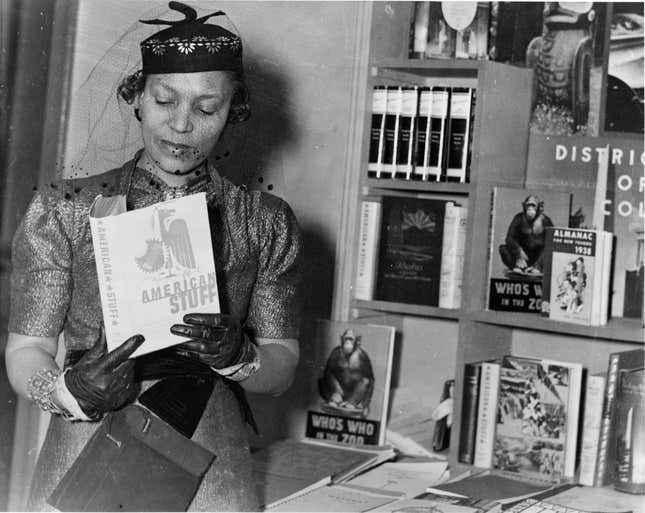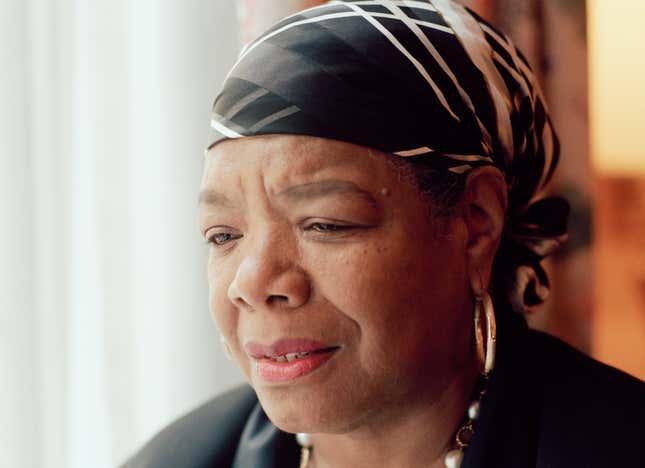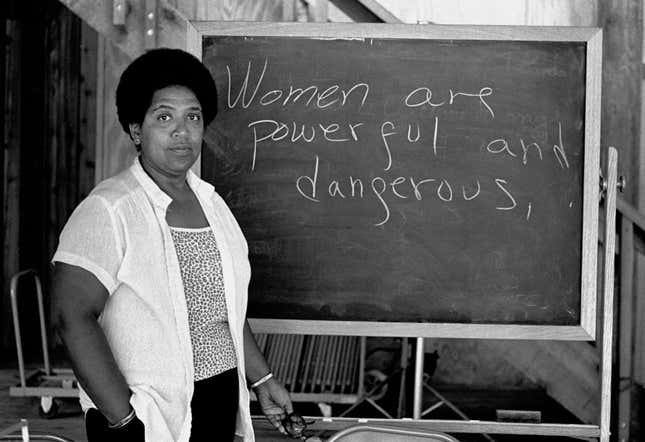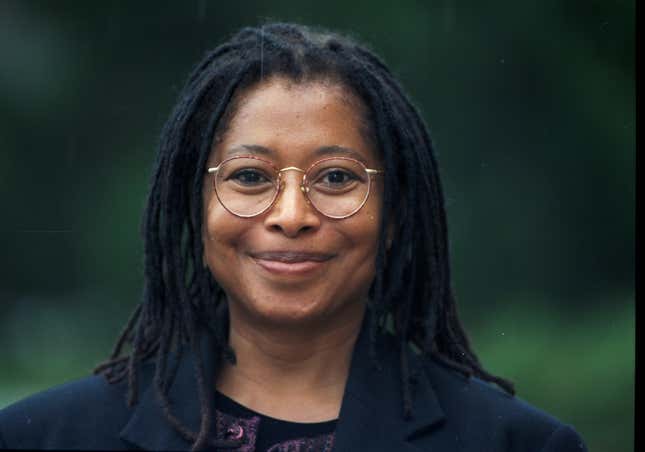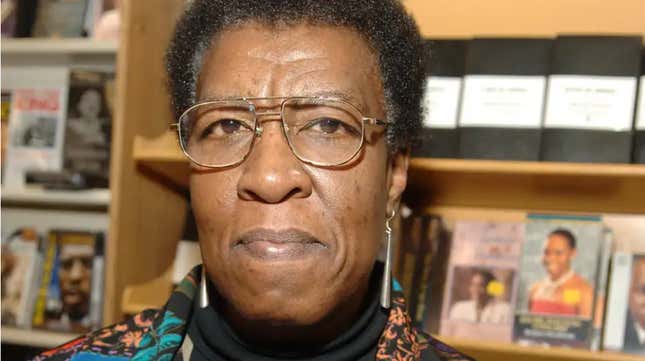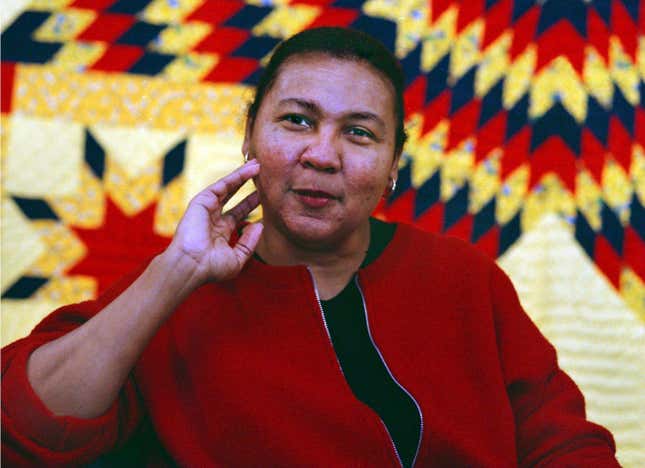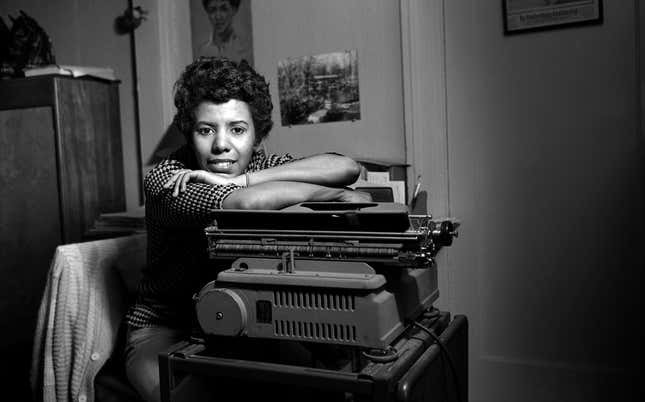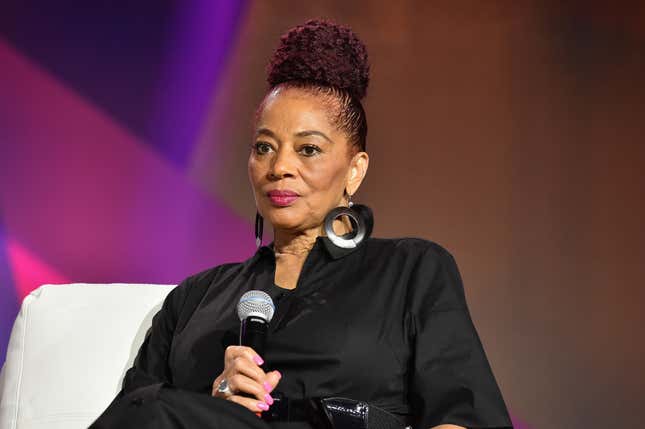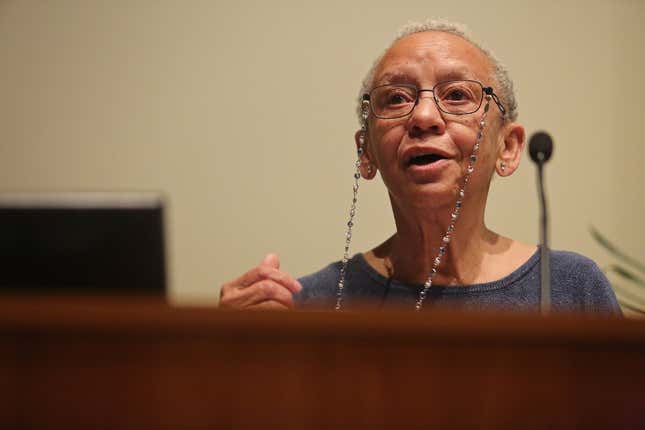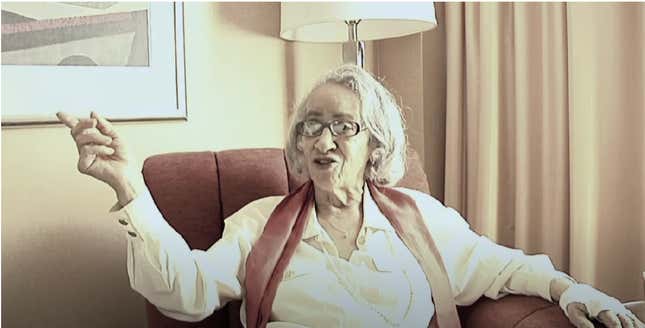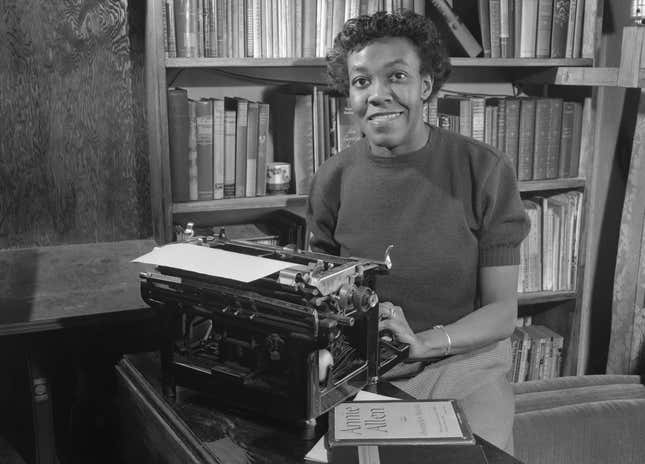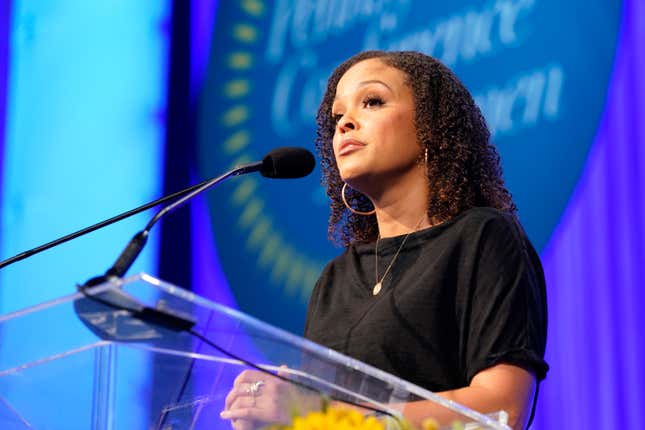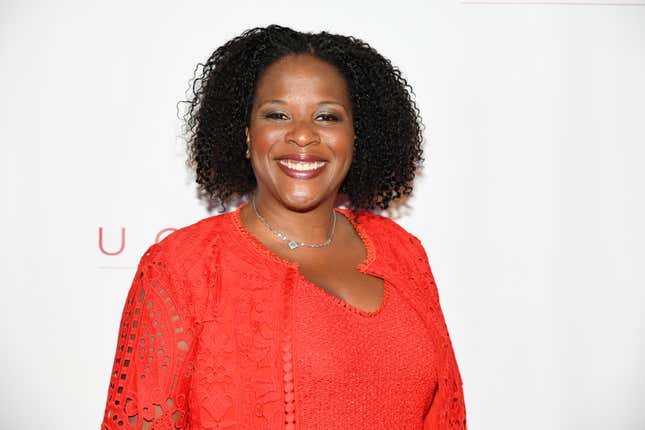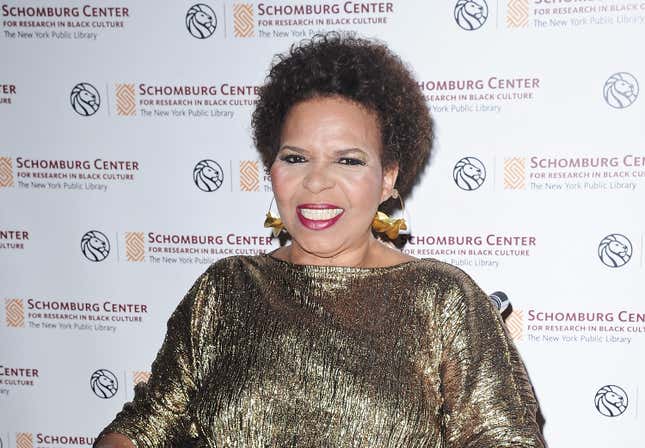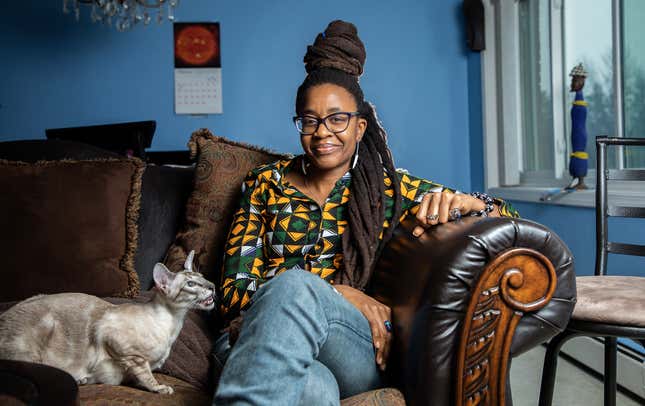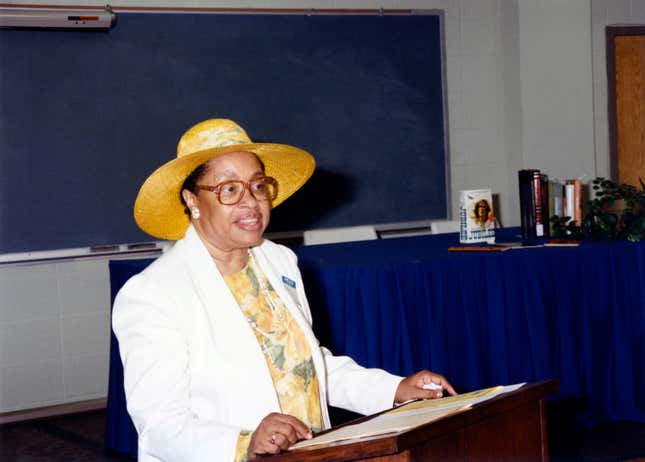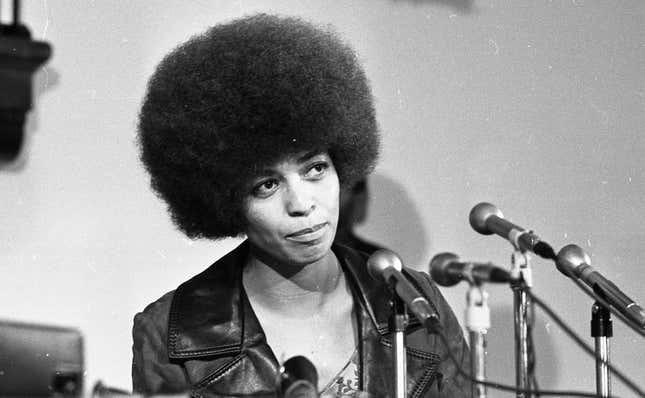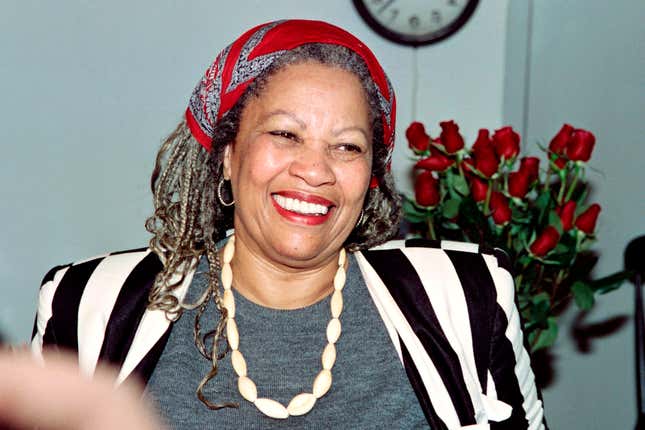
As Women’s History Month, or as we like to call it ‘round these parks—Black Women’s History Month—reaches it’s midway point, we here at The Root felt it fitting to highlight a handful of highly talented writers whose work has contributed mightily when it comes to understanding race, class, gender, and society at large. Their passion and prowess paved the way for many who came after them and ones still to come, so it’s only right we honor them.
Let’s kick things off with the woman whose work holds a personal spot in my heart (and many others, I’m sure): Toni Morrison. I can still remember the day I randomly grabbed her book Sula off of my high school teacher’s bookshelf out of sheer curiosity. What I didn’t know was that it would be the beginning of an author love affair that would lead to me to study and read a handful of her other works such as Song of Solomon, Beloved, The Bluest Eye, Jazz, The Source of Self-Regard and more. For all her illuminating words or wisdom, Toni Morrison—we thank you.


